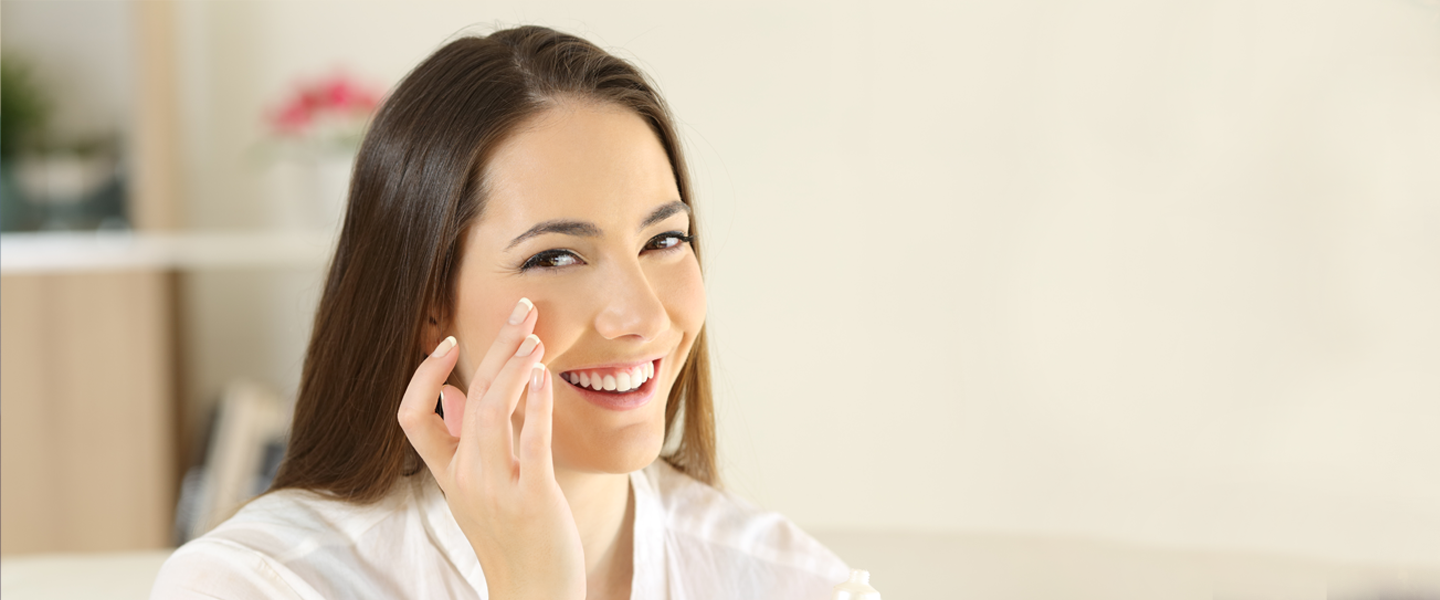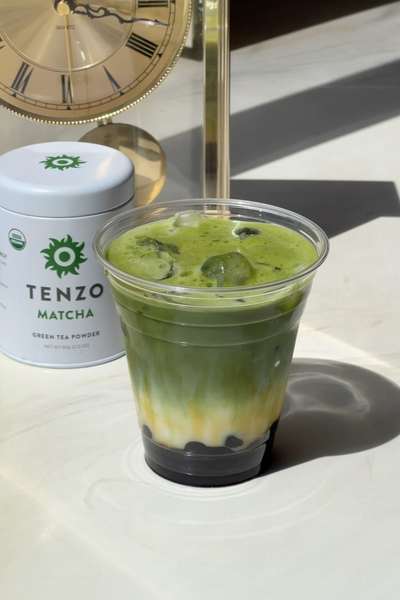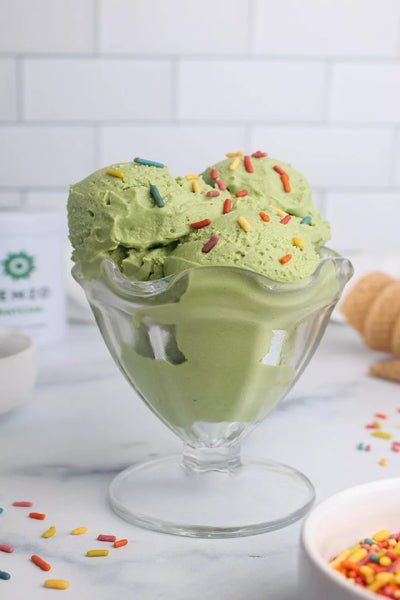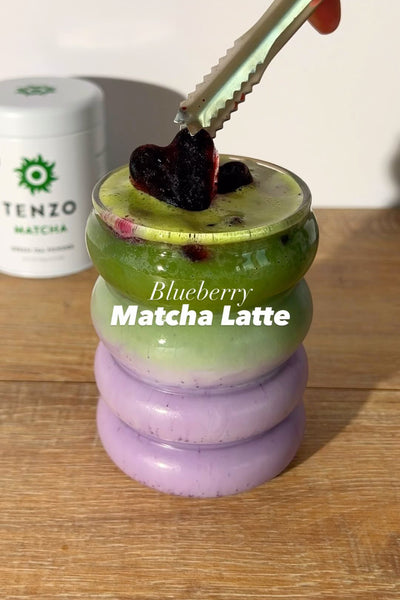13 Ways to Reduce Aging

Nobody wants to get old and, more importantly, nobody wants to look old! Luckily, we’ve discovered ways to reduce the effects of aging on our skin and body. Want to know the secret to looking younger than you actually are? Here are 13 ways you can reduce aging at home and feel younger in no time.
It’s Nap Time
Almost every doctor recommends that we get a good 8 to 10 hours of shuteye every night, but many of us simply don’t hit that number on a daily basis. This is perfectly fine. If you’re like us, you know life can get busy. But that doesn’t mean we have to substitute all our sleep time. Despite what some people think, power naps can actually be really good for us - - as long as they don’t become long-term naps. We all know the feeling of waking up after a long nap. Nobody wants to live that reality. Next time you’re feeling a little sleepy, try taking a quick 15 to 20-minute power nap. Just make sure to set an alarm so that you don’t oversleep your welcome.
Don’t Forget to Sleep
Keep in mind that you cannot feel fully rested unless you actually, well, rest. It’s important to remember that two naps are not the same as getting one full night of rest. This doesn’t mean that you won’t feel refreshed after a quick nap, but your body won’t be as physically and mentally prepared for the day to come if you don’t supplement your power naps with a full night's rest.
“What? You're HOW old?” It feels great to look great when you're drinking organic matcha powder.
Naps are Not Permanent
Routines are great, and it’s great if you follow one every day. Studies show that people who fall into a regular routine are able to get more done every day. If you want to be truly productive without looking like a workaholic, try to set a schedule that requires you to sleep for at least 8 hours every night. You’d be surprised just how much better you’ll look and feel after getting a full night's rest every day of the week. You know what they say – work smarter, not harder.
Sometimes, getting a full night’s rest is easier said than done. And some people are tired even after getting 8+ hours of sleep. It’s easy to understand why more sleep every night is beneficial, but how do you actually do it? These next few tips will help you catch some ZZZs and dream all night long.
Don’t Drink Before Bed
And we don’t just mean alcohol. Of course, drinking an alcoholic beverage shortly before going to bed will almost certainly backfire. The reason for this has to do with the fact that as the effect of alcohol wears off, your body will become more aware, resulting in you getting less sleep that night. When you were little, your parents may have given you a warm glass of milk just before bedtime. Despite this long-running tradition, drinking a warm beverage right before going to bed may fill up your bladder at a time when you do not plan on getting up for at least 8 hours. Drinking before bed will almost always result in you waking up several times that night.
Better Sleep Comes from Cooler Temperatures
Ever wake up in an ocean of sweat? It’s ok, we’ve all been there. Our bodies are really complex. Your internal body temperature fluctuates throughout the day in order to keep you regulated and healthy. This happens 24 hours a day, sometimes when you’re awake - - sometimes when you’re asleep. When you’re sleeping, you expel heat (AKA body heat) and, because of this, your body probably feels hotter at night than it does during the day. Experts agree that, in order to get the best sleep possible, you should turn down the thermostat to about 65 degrees Fahrenheit. Now, you don’t need to crazy, but adventurous travelers who have explored outdoor ice hotels in places like Norway and Sweden have claimed that the best sleep they ever got was in the frigid conditions at those locations.
Will Turning Off the Lights Help you go to Sleep?
Melatonin is a hormone produced in our brain which helps us go to sleep. When we are exposed to a light source, our brain produces very little to no melatonin. That’s why when you’re outside or at work in a bright environment, you have little desire to go to bed. But when that light source is cut off, our brain gets a signal to start producing more and more melatonin. One thing you can do to “trick” your brain is put away the electronics about 30 minutes to 1 hour before going to bed. Our electronics give off blue light, a source that tells your brain that you’re active. Very little melatonin will be produced during and right after this period. You’ll find that, if you read a book instead of surfing the internet before bedtime, you will be able to fall asleep much more quickly.
Hitting Snooze Makes You Tired
Sound backward? It is. We wish it weren’t the case because, unless you’re an early riser, you probably wish you could hit the snooze button all day long when you wake up for an early morning. Here’s why the snooze button makes you tired: when you hit snooze, you are already awake. You are not getting the same quality of sleep in between 15-minute snoozes that you’re getting during a full 8+ hour night of sleep. The snooze alarm often disrupts our REM cycle, in effect making us even more tired the 5th time waking up. It might feel good to hit the snooze button, but you aren't getting high-quality sleep in between alarms. The snooze button often disturbs REM sleep, which can make us feel groggier than when we get quality sleep. Setting the alarm for a slightly later time and skipping the snooze setting will feel better.
Your Pillow Helps You Sleep
Hardly anything sounds more inviting than the cold side of a pillow. But did you know that your pillow actually has a huge effect on how much sleep you get? Experts recommend switching out your pillows every 6 months to a year. If you’ve noticed your mattress and pillow becoming less and less comfortable, it might be time to replace them. When you consistently sleep better, you’ll look younger as a result.
Cut the Clutter
If you’re anything like us, you know that life can get hectic. Did you know that stress is one of the strongest contributing factors when it comes to aging skin? The good news is that there are ways to prevent ongoing stress. One easy thing you can do right now is clean your house of any clutter or messy areas. Even if we don’t think about it 24/7, our minds notice it when our environments are disorganized. Take a moment to clean off your desk at home, or even vacuum the floor, and let your mind breathe.
By now, it’s clear that there is no shortage of reasons why sleep is important for us if we want to keep our skin looking smooth and healthy. Ready to take your complexion to the next level? Here are some superfoods that have been proven to reduce (and in some cases, reverse) the effects of aging skin.
Chia Seeds
Chia seeds are trendy - - and rightly so. These little guys pack a big punch when it comes to nutrition. Ever hear how salmon contains fatty acids that are especially good for your health? Many of these healthy fats come from omega-3 acids. Chia seeds contain roughly 5 grams of omega-3 fatty acids per one ounce serving. That’s a lot of health. This is great for your skin, and you don’t even have to eat that many chia seeds to see great results.
Blueberries
Blueberries, much like matcha, are considered to be a common yet unsuspecting superfood. Not only do blueberries make any breakfast taste amazing, they are also great for skin and hair health. Blueberries are packed with antioxidants, which work to protect your skin by reducing the appearance of wrinkles, repairing sun damaged spots and reducing inflammation throughout your skin.
Fun fact: blueberries and matcha contain many of the same antioxidants and benefits - - but matcha contains more of them.
Red Wine
This anti-aging guide wouldn’t be complete without a subtle touch of fun. Studies have shown that a tame amount of red wine is linked with anti-aging effects. There is also a link between red wine consumption and a reduced risk of heart disease and diabetes, But the greatest benefit of complementing your dinner with a nice glass of red wine has to do with reduced memory loss and slower aging of your body’s cells. You look great today!
Matcha
This is, after all, an official Tenzo Tea health guide. Remember how good blueberries are? Did you know that a cup of matcha contains roughly 15 times the amount of antioxidants as blueberries? It’s true! Not only that, matcha's antioxidant level is also 13 times as much as that of pomegranates and 125 times as much as that of spinach! Who says being healthy has to taste bad?
Want to take it even one step further? If you like facemasks, you’ll love our DIY matcha facemask.
“Wow! She looks half her age!” If you want to be that person, try out Tenzo Tea’s organic matcha powder.










